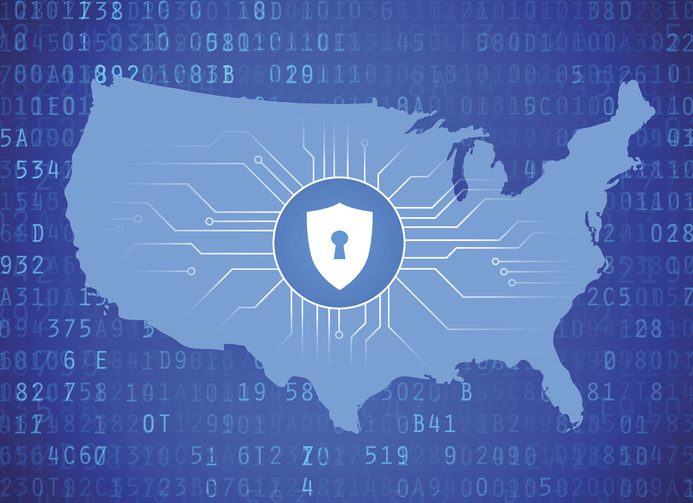How Can You Protect Your Business from State-Sponsored Espionage?
Find the Best Protect Against State-Sponsored Cyberattacks On Time Tech provides cybersecurity solutions to businesses and organizations looking to...
3 min read
Lance Stone : Sep 7, 2020 2:24:16 PM
Do you have a dependable anti-virus? That’s great especially if you regularly update it to detect the latest malware and virus definitions. But, according to Norton, that’s barely enough in the face of the current breed of cybersecurity threats.
These days, hackers and malicious software target the vulnerabilities in your inter-connected device. They also use social engineered attacks to gain security credentials that give them access to your data networks. This means that everyone in your organization is a potential target.
So, how can you deal with such a challenge? For starters, any countermeasures you choose to employ should include everyone in your organization. You should also craft effective cybersecurity policies that address such aspects.
If you already have a cybersecurity policy but are still concerned about its effectiveness, it may be the best time to strengthen it to cover current threat levels.

Passwords are one of the most essential aspects of an effective cybersecurity policy. However, most of us take them for granted. Weak passwords can lead to dire consequences. For instance, in 2019 companies all over the world reported 5,183 data breaches that resulted from such an oversight.
Many companies experience higher levels of productivity and lower hardware costs through effective BYOD (bring your own devices) policies. However, such policies may at times fail to satisfy a company’s cybersecurity policy.
Here are 3 ways to work cybersecurity policies into your BYOD policy:
Documenting all your cybersecurity procedures ensures that they are followed to the letter. Such a document needs to cover digital aspects such as your data network and Physical assets such as your CCTV setup.
Another often-ignored aspect is what to do in case of staff turnovers and dismissals. The cybersecurity document should lay a clear procedure your company should in such cases. Such regulations determine how their credential can be removed or how to limit their cases to your company’s data networks.
Social media has become a major part of some organization's marketing campaigns. Such campaigns give companies unlimited access to impactful customer engagement. However, some of the people your employees engage with through such platforms may have ulterior motives.
Hackers can take advantage of the situation to deployed social engineered hacks. Such invasions may grant them access to passwords and sensitive company data. Therefore, It’s wise to ensure cybersecurity policies touch on effective ways to prevent or mitigate the damage of social engineered data hacks.
Personal data is protected under a variety of industry-specific laws in the United States. Compliance to such laws is mandatory and there are dire consequences for companies that fail to notify the concerned authorities when they suffer a critical data breach.
You can strengthen your cybersecurity policies by including which laws apply to the territory where your company is based. This document should also outline the procedure to be followed in notifying the authorities to so you can avoid extremely punitive repercussions from your industry regulators.
A lot of thought goes into crafting iron-clad cybersecurity policies. That’s why you may need an expert to guide you through the process. OnTimeTech has all the expertise your company needs for such an initiative.
we have the expertise and resources you need As one of San Francisco’s premier managed IT firms. We’ve helped many companies navigate the complexities of industry-specific compliance regulations. And we can help your company as well. To learn more, contact our team today.

Find the Best Protect Against State-Sponsored Cyberattacks On Time Tech provides cybersecurity solutions to businesses and organizations looking to...

Essential Things That a Small Business Owner Needs to Know About Cybersecurity Small business owners can ignore cybersecurity threats with the view...

In March 2018, Alabama and South Dakota passed laws mandating data breach notification for its residents.

On Time Tech is an IT Support and Computer Services company serving California. We provide services to the areas in and around We know businesses like yours need technology support in order to run highly-effective organizations. Leverage pro-growth technology services for your company now.
© 2026 On Time Tech